Meet Our Team
A diverse group of researchers passionate about food, data, and science.

Prof. Ganesh Bagler
Lab DirectorPioneering computational gastronomy with an interdisciplinary background in physics, computer science, and computational biology.
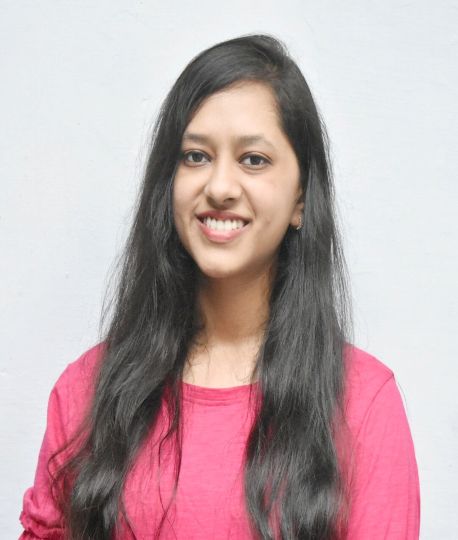
Mansi Goel
PhD ScholarApplying her computer science expertise to the field of computational gastronomy.
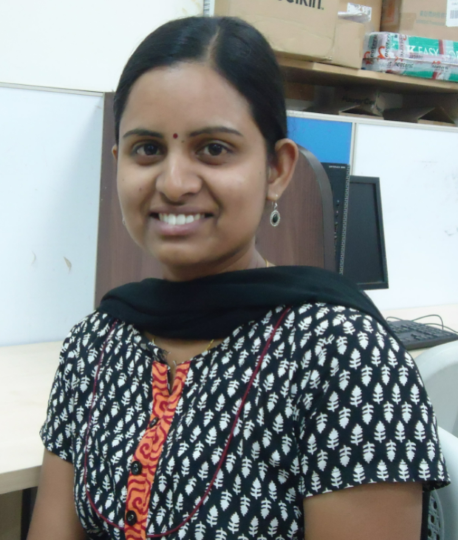
Rakhi NK
PhD ScholarAnalyzing food pairings in Indian cuisine and investigating the health benefits of herbs and spices.

Rahul Badhwar
PhD ScholarInvestigating neuronal wiring in C. elegans and brain networks from a systems biology perspective.
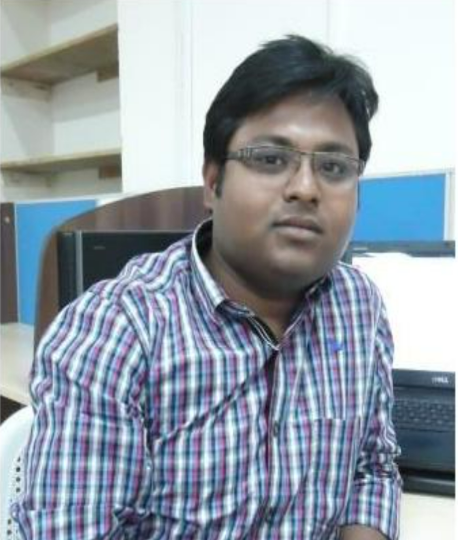
Rakesh Kanji
PhD ScholarFocused on the systems biology of drugs, their targets, and adverse reactions.
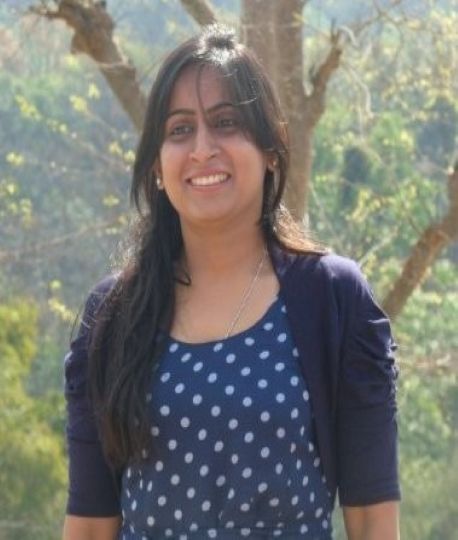
Shivalika Pathania
PhD ScholarUtilizing computational systems biology for drug discovery from medicinal plants.

Vandana Ravindran
PhD ScholarInvestigating the control mechanisms of molecular interactomes in cancer.

Neelansh Garg
Research InternLeveraging a computer science background as a Machine Learning Engineer at Schlumberger.

Navjot Singh
Research InternPursuing an M.S. in Data Science at Columbia University, with experience as a Senior Member Technical at D E Shaw Group.

Anupam Jain
Research InternA computer science graduate from IIT Jodhpur, now a specialist at Apple, with past roles at Airtel and TCS.

Nutan Sahoo
Research InternA Data Science intern at Meta, currently pursuing a Master's in Health Data Science at Harvard University.

Arvind Iyer
Research InternA Ph.D. Research Scholar at the University of Lausanne, with a Master's in Computational Biology from IIIT-Delhi.
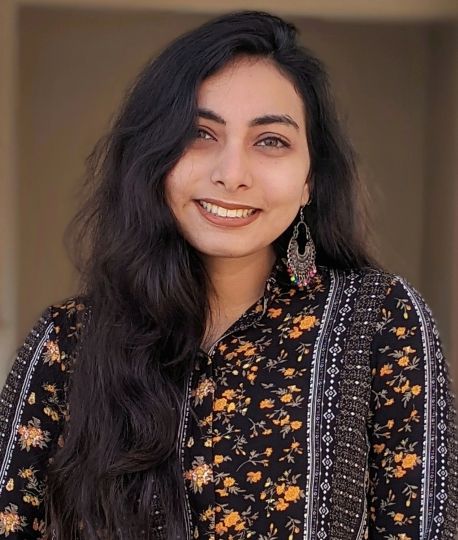
Manasi Malik
Research InternA Ph.D. Research Scholar in Cognitive Science at Johns Hopkins University, holding a B.Tech. (ECE) from IIIT-Delhi.

Pallab Chakraborty
Research InternA technical member at NetApp, with an M.Tech. in CSE from IIIT-Delhi.
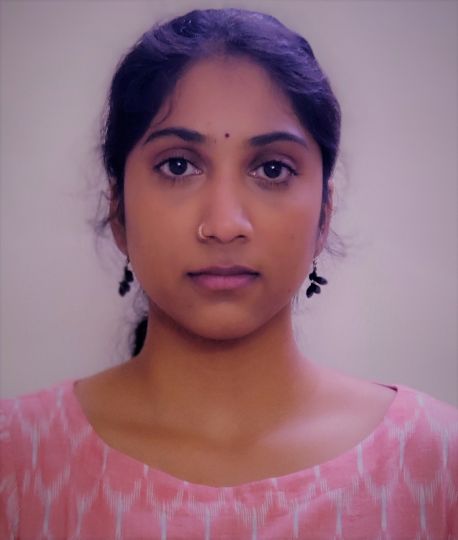
Sritanaya Taptimala
Research InternA Software Engineer at NatWest, holding an M.Tech. in CSE from IIIT-Delhi.

Shubham Dokania
Research InternPursuing a Master's degree at IIIT-Hyderabad, with experience at Mercedes-Benz R&D, Attentive.AI, and more.

Lavanya Gupta
Research InternA graduate student at Carnegie Mellon University's Language Technologies Institute.

Tript Sharma
Research InternPursuing an M.S. in Robotics at Worcester Polytechnic Institute, with experience as a Robot Software Developer in Japan.

Shivangi Dhiman
Research InternA Management Consulting Associate at Accenture, with a B.Tech (CSAM) from IIIT-Delhi.

Jagreeti Mukherjee
Research InternA Graduate Research Assistant at Rice University in Houston.

Jaspreet Singh Marwah
Research InternA MERN stack developer at MangoVisa, and a graduate of Durham and Seneca Colleges in Canada.
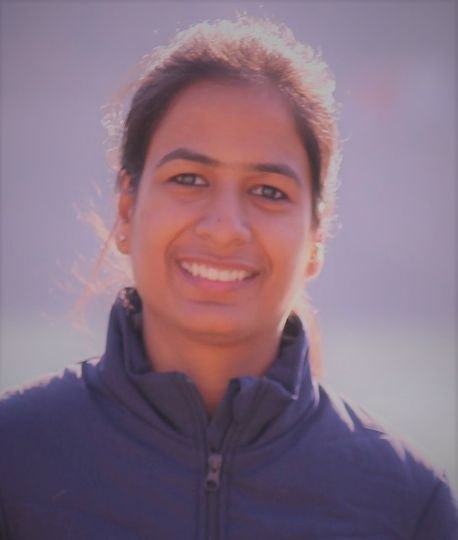
Ayushi Gupta
Research InternPursuing a Ph.D. at IIIT-Delhi, with an M.Tech. in Computational Biology from the same institution.

Purva Parmar
Research InternCurrently pursuing an MS from IISER-Pune.

Deepanshu Pandey
Research InternA Data Science Associate at ZS Associates, holding a B.Tech. in Mechanical Engineering from Delhi Technological University.

Shayna Malik
Research InternPursuing a B.Tech. (ECE) from IIIT-Delhi, expecting to graduate in 2023.

Vishesh Agrawal
Research InternPursuing an MS in Computer Science (AI) at the University of Southern California, and a graduate of IIIT-Delhi.

Aman Kumar
Research InternA graduate student at the University of Maryland, College Park.

Sai Mukund Ramakrishnan
Research InternA Statistical Data Analyst and Bioinformatics Scientist at Washington University in St. Louis.

Akashdeep Biswas
Research InternHolding a Ph.D. from Scuola Normale Superiore di Pisa, now a Postdoc at the University of Milan and part of the EXSCALATE project.
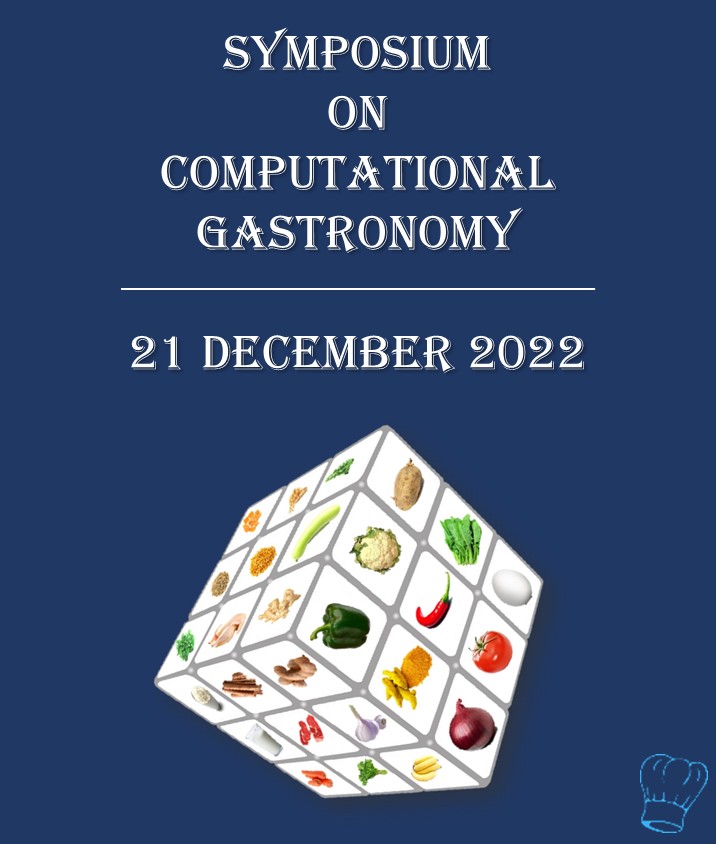
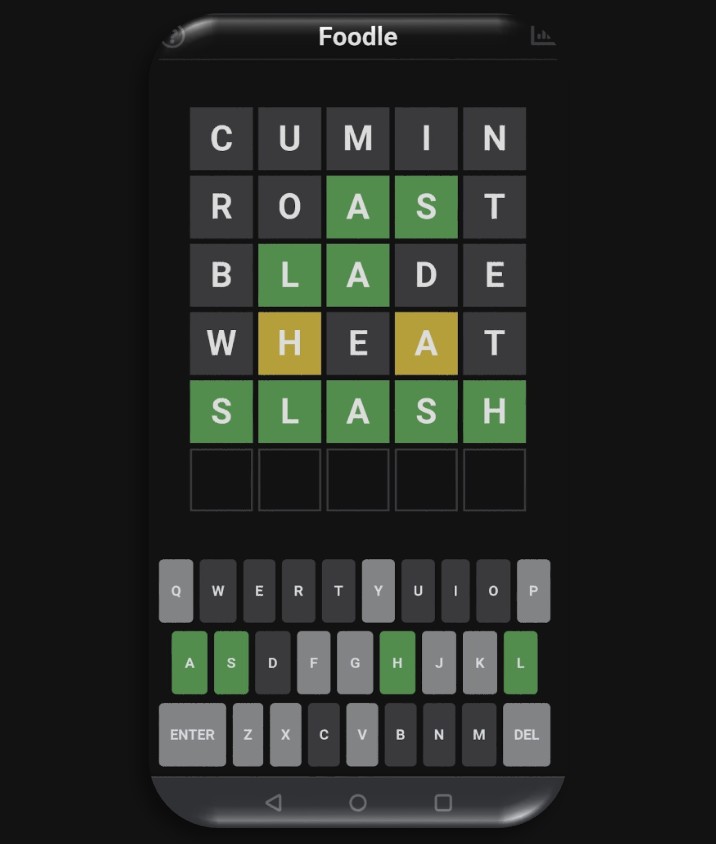
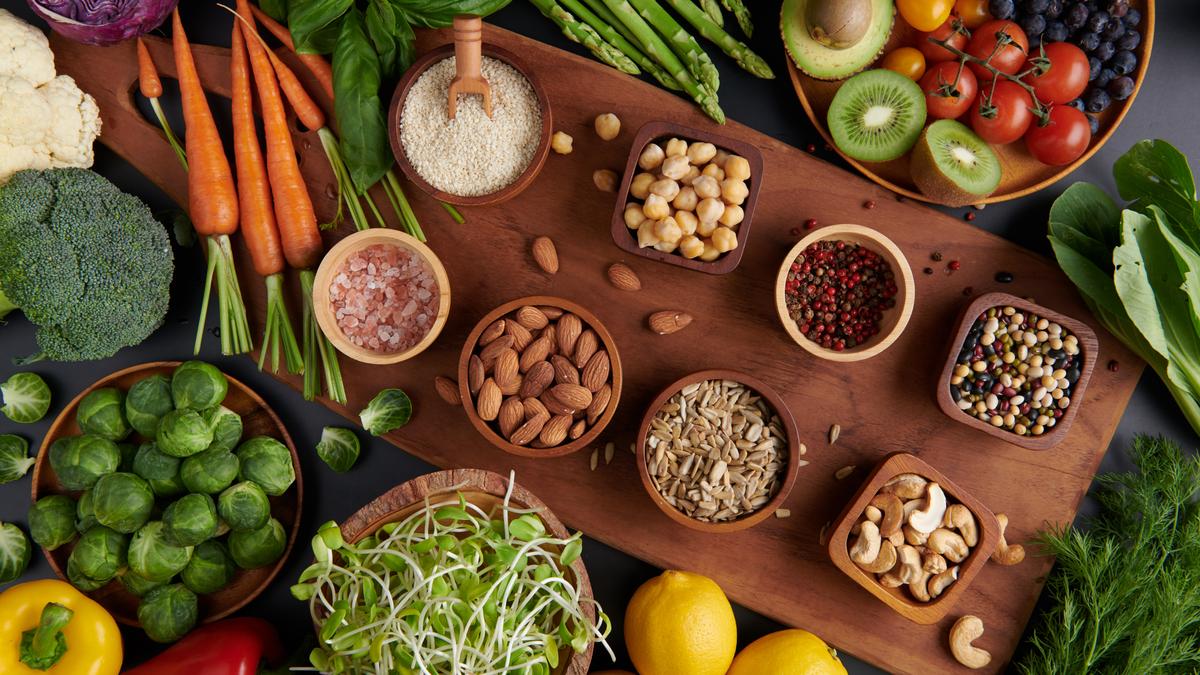

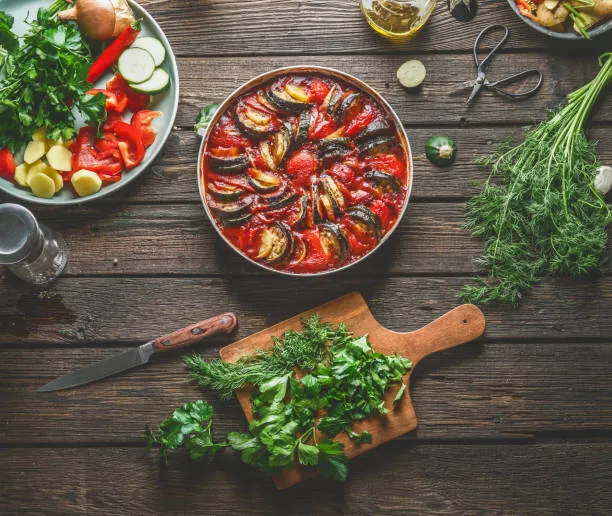
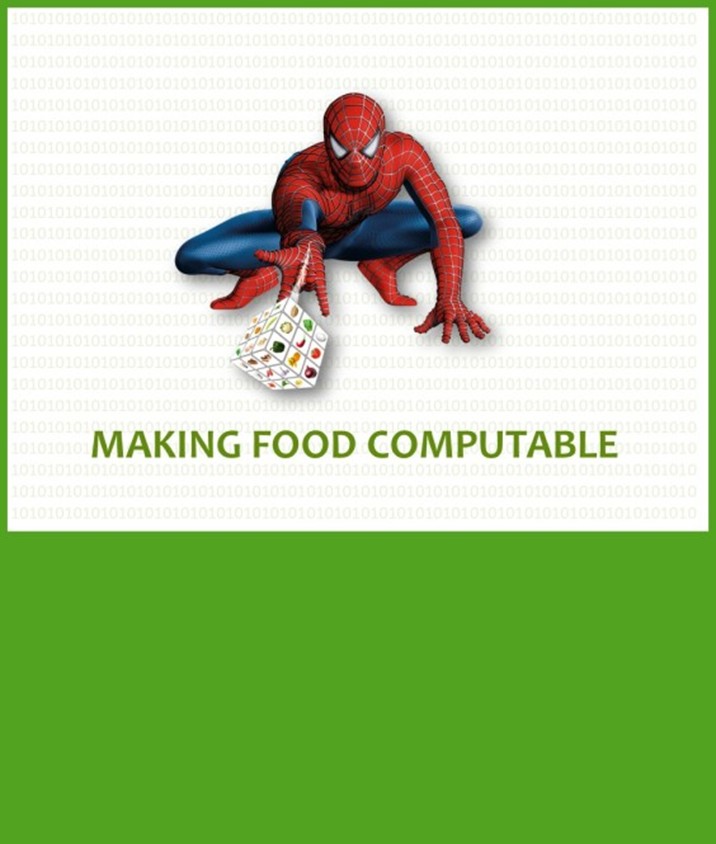
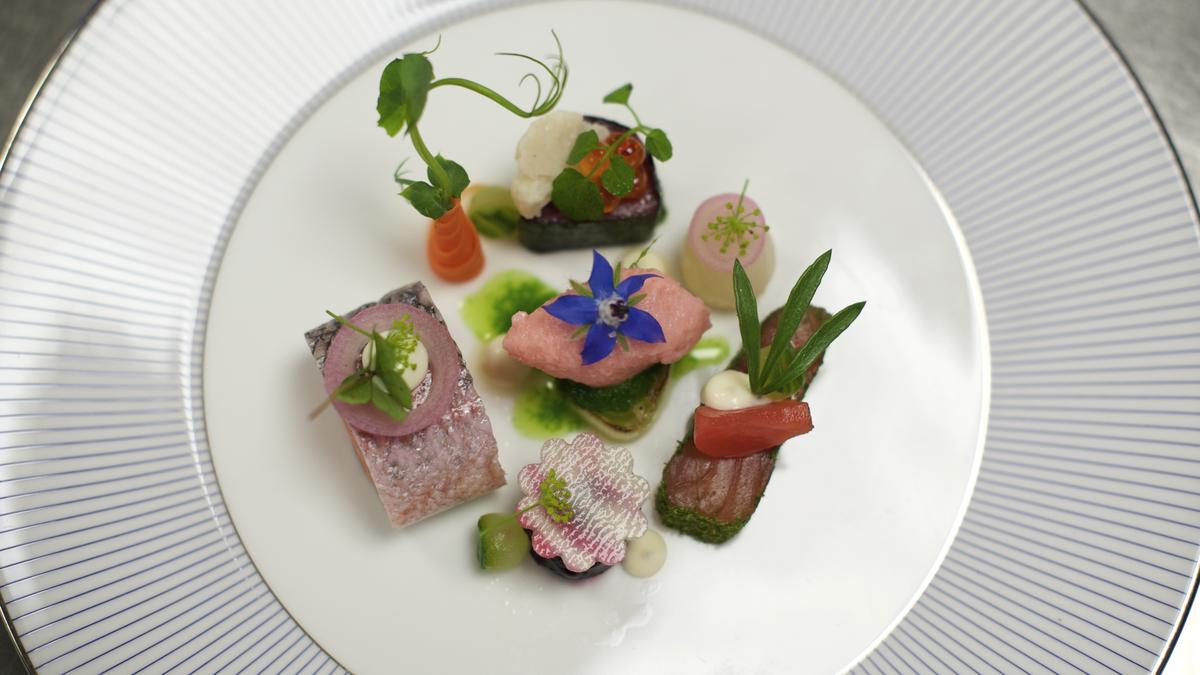
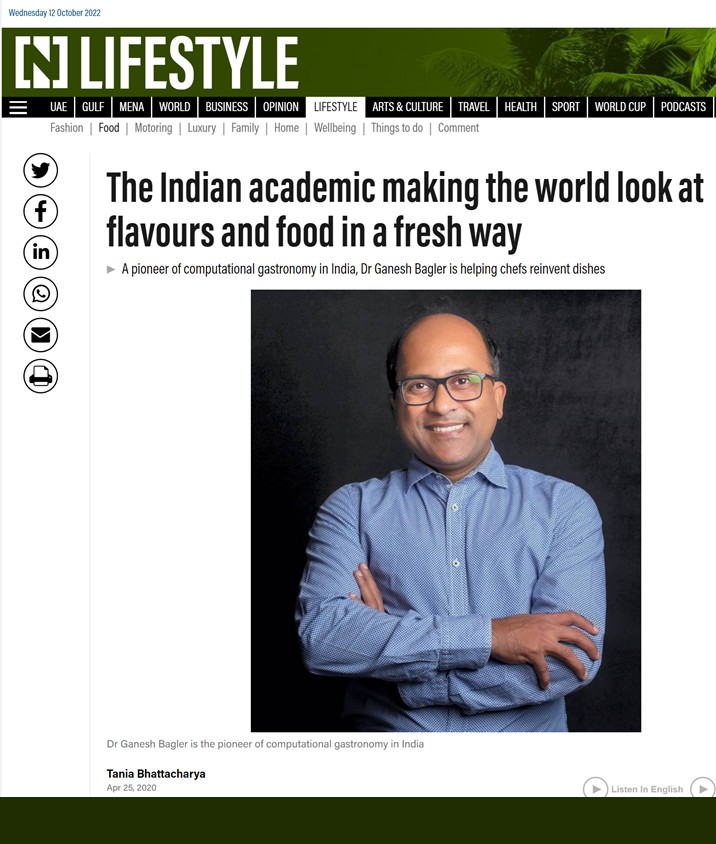
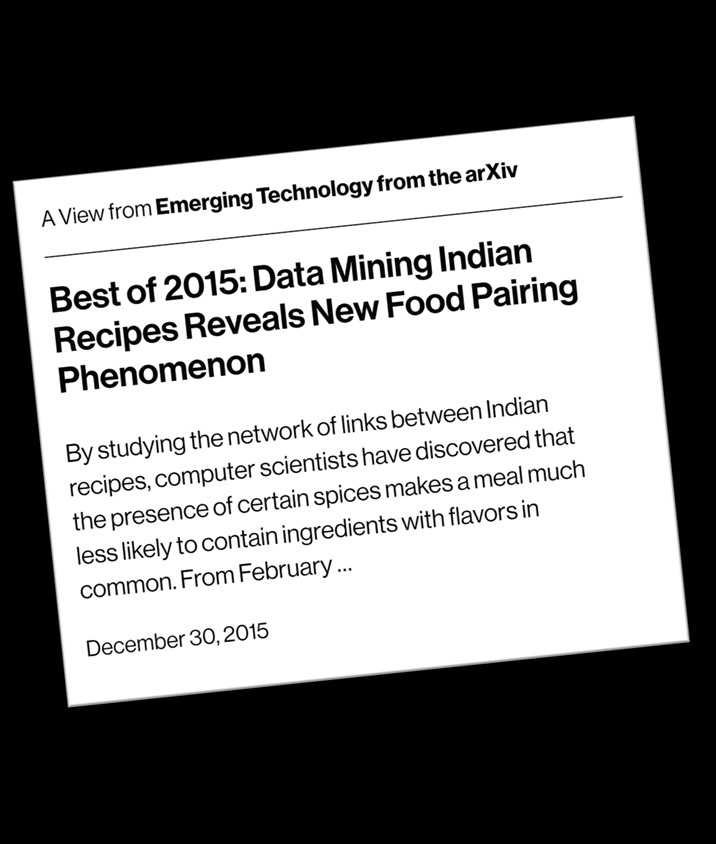
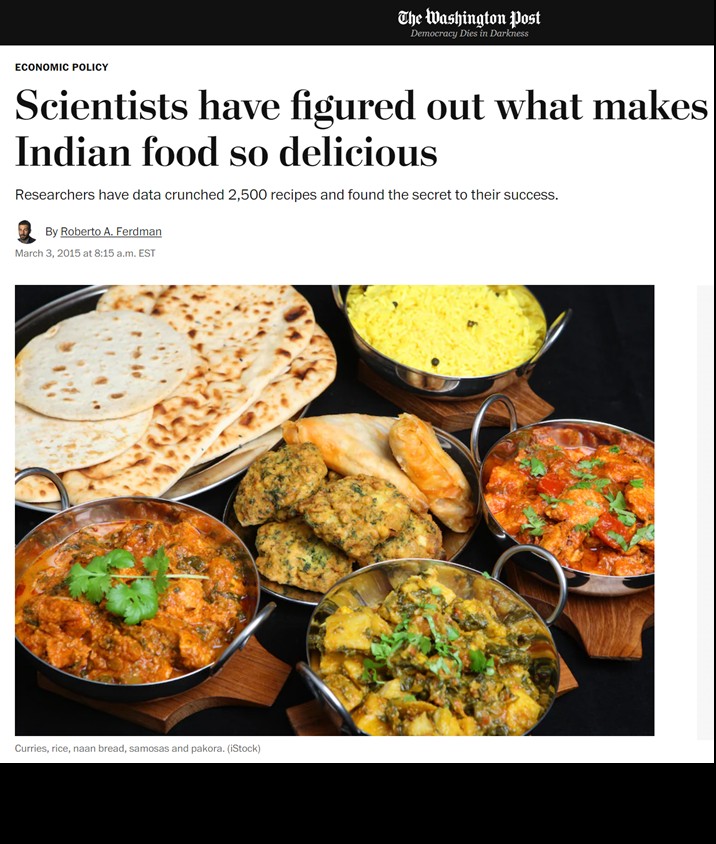
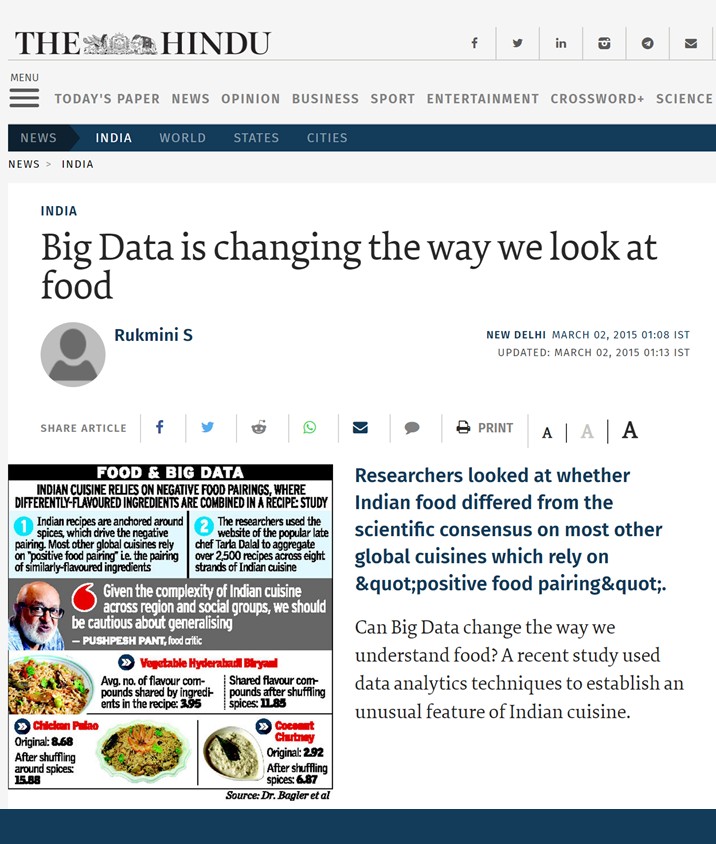
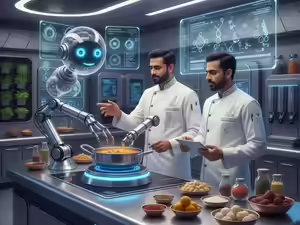
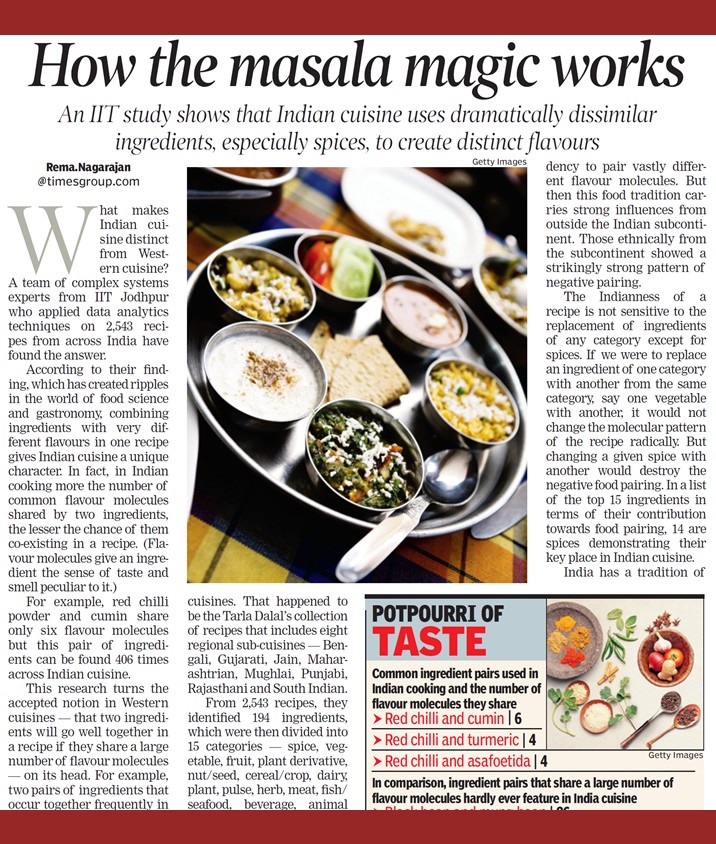
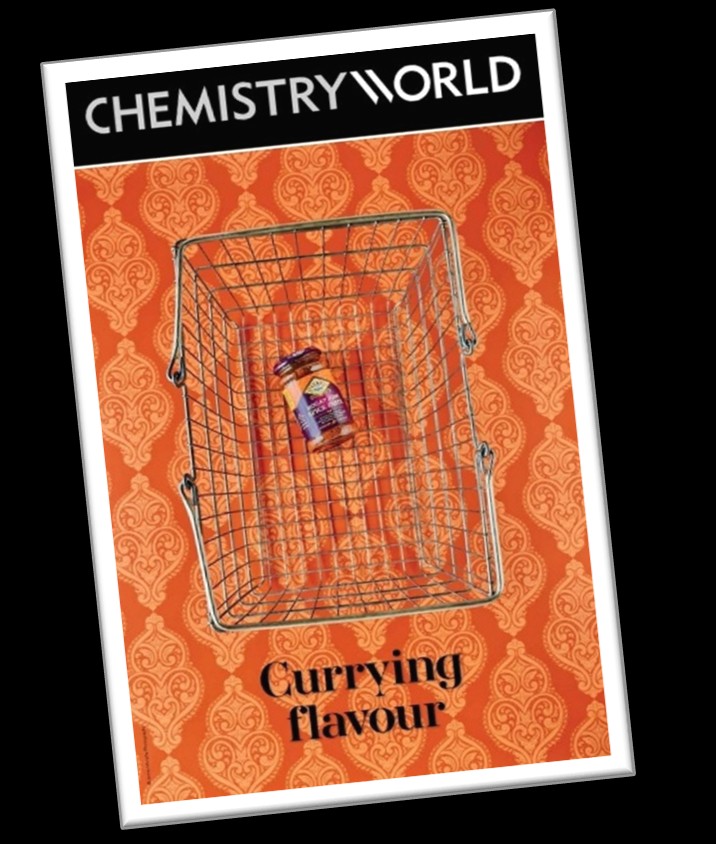
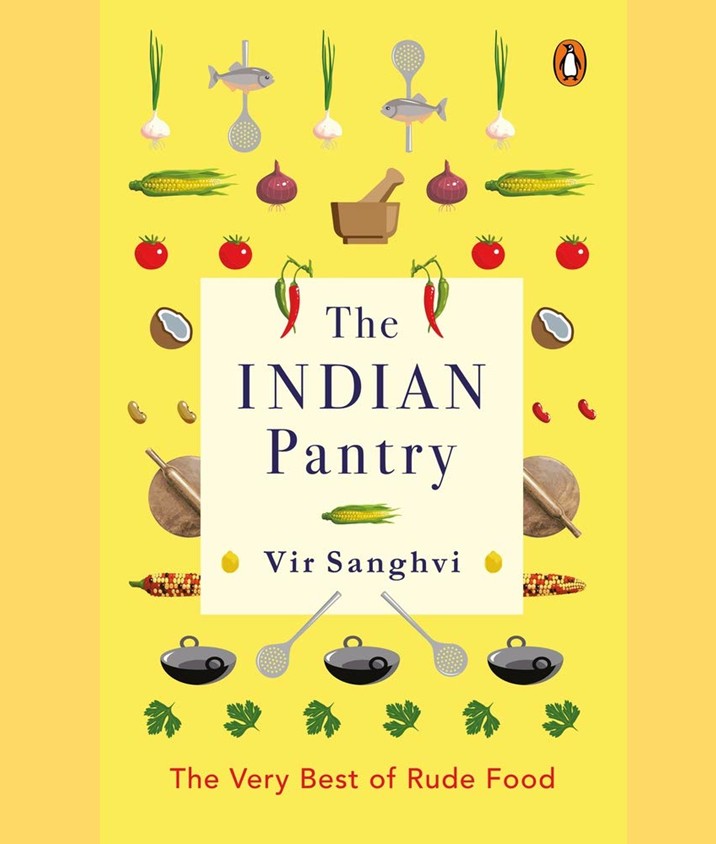
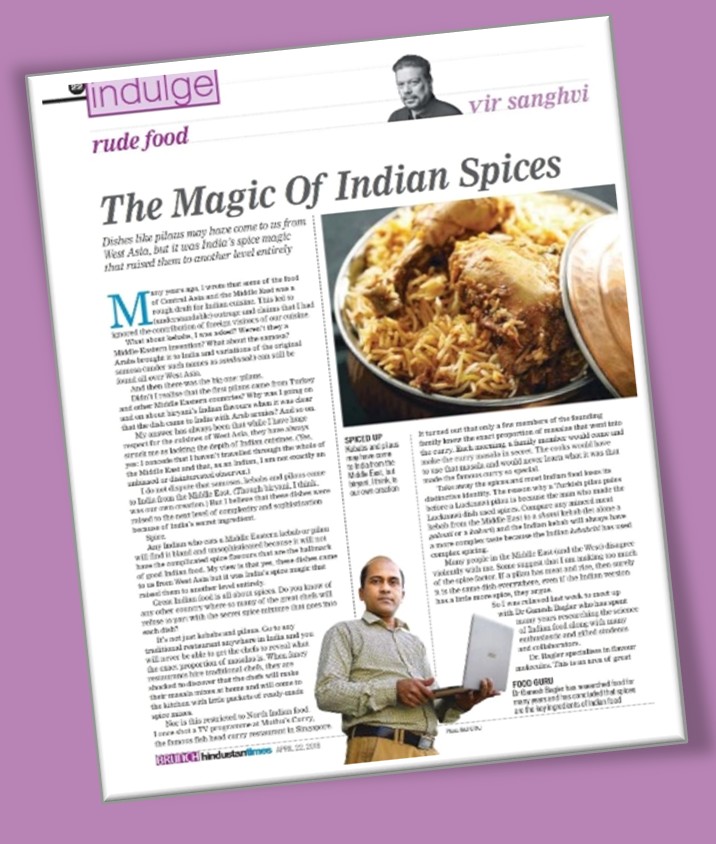
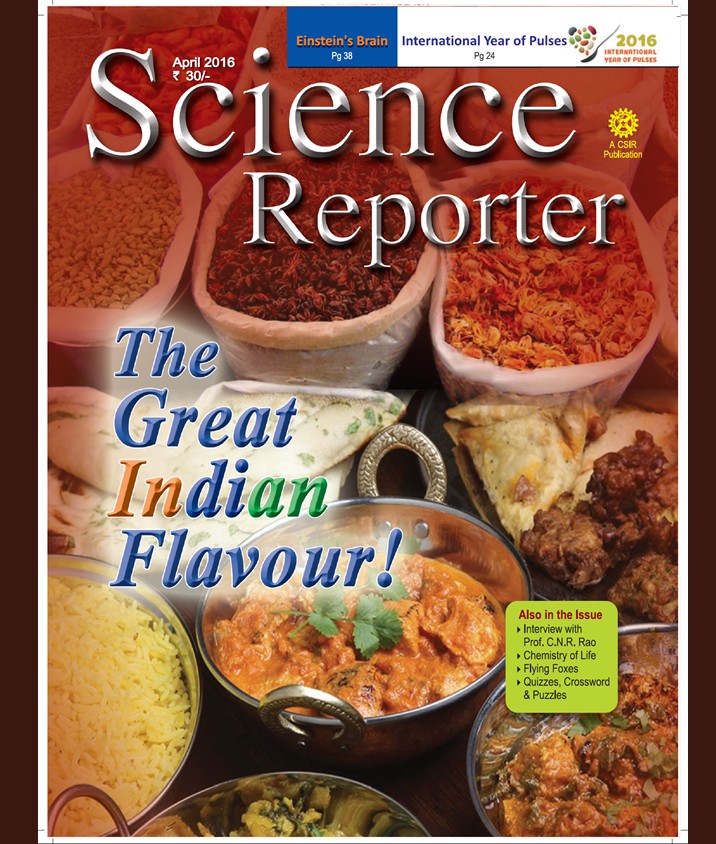
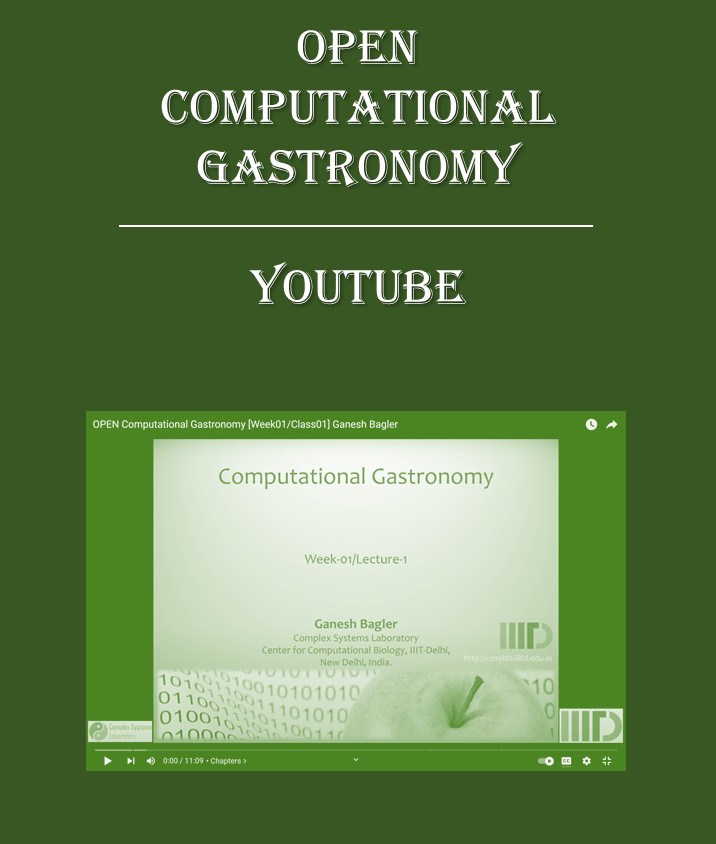
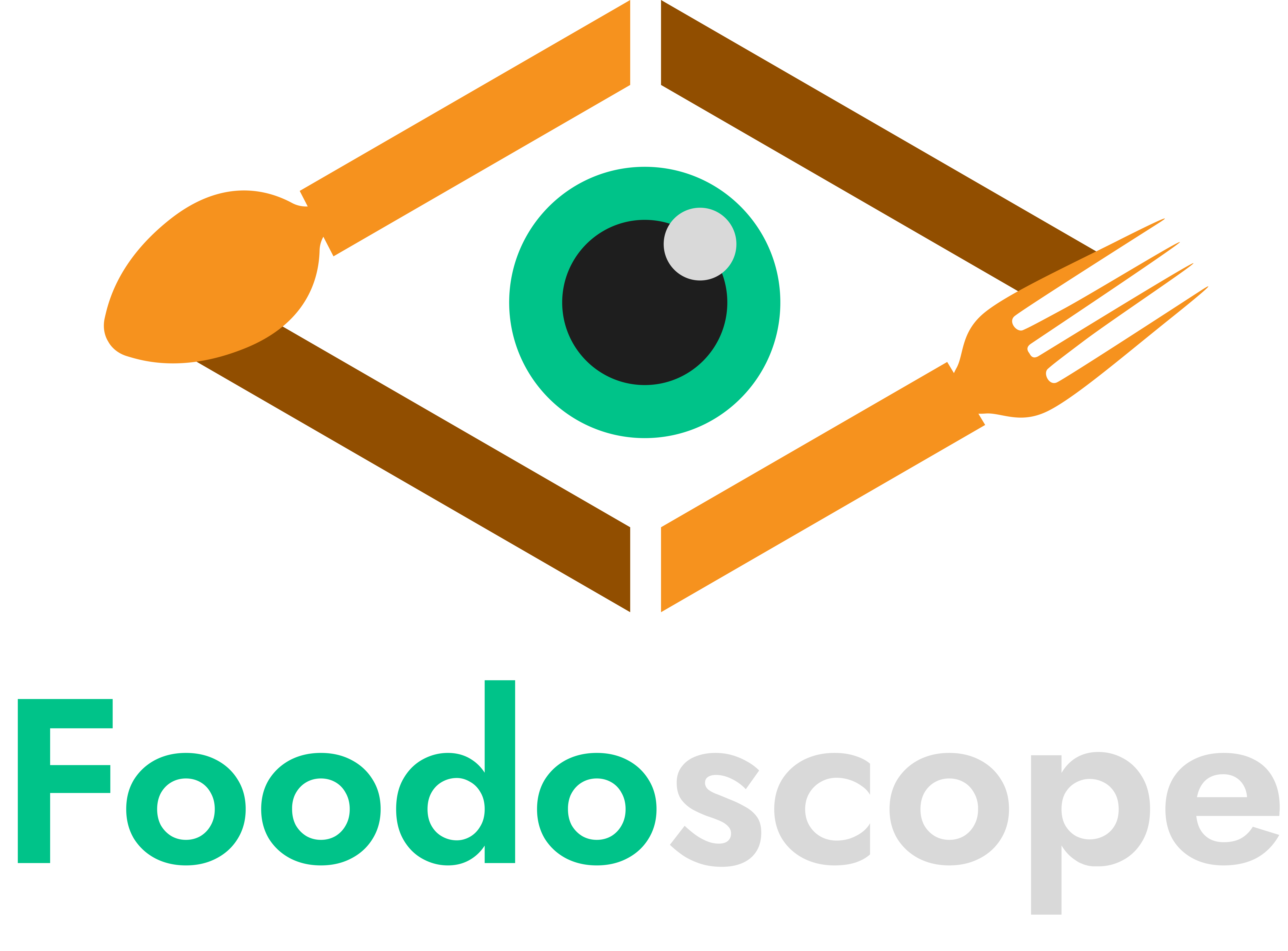
Social Buzz
Twitter
Prof. Ganesh Bagler
@gansbagsThe National (UAE) highlights computational gastronomy research from our lab.
"The Indian academic making the world look at flavours and food in a fresh way," Tania Bhattacharya, The National (UAE).
LinkedIn
Prof. Ganesh Bagler
Professor at IIIT-DelhiExcited to share our latest review on the role of data science in understanding food and health. This work, published in Nature Reviews, summarizes a decade of research in computational gastronomy. #DataScience #Health #Nutrition #Research
Featured Talks